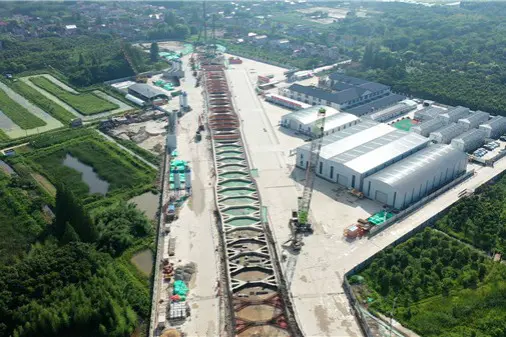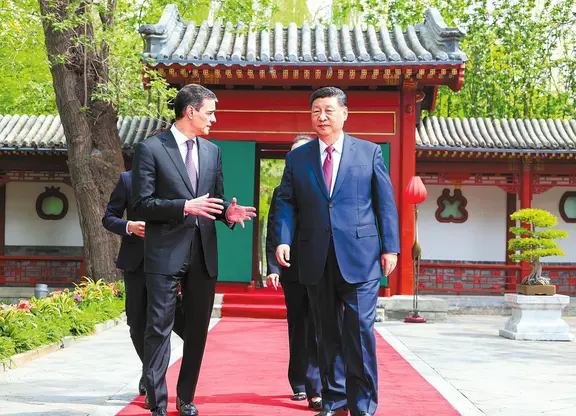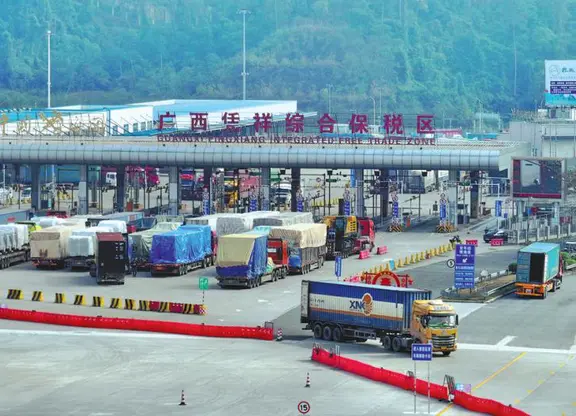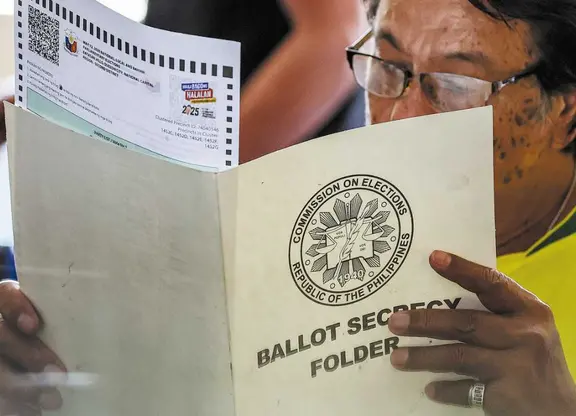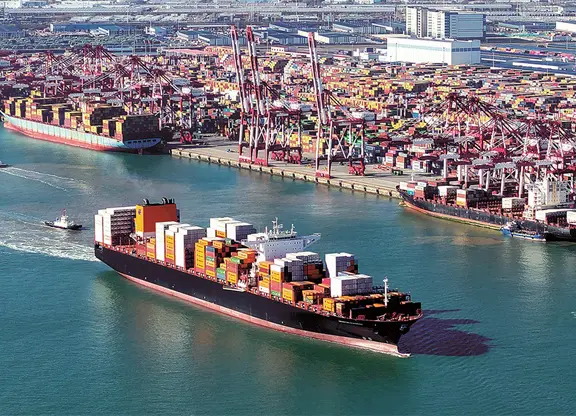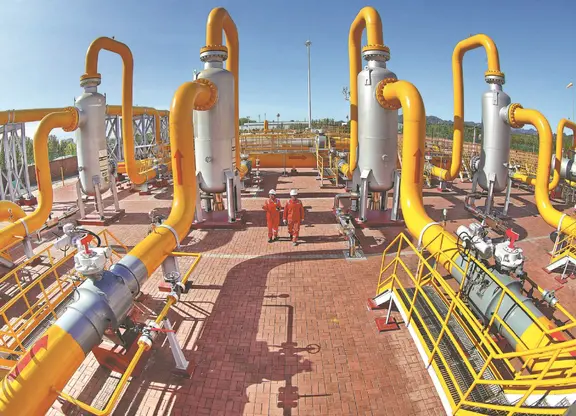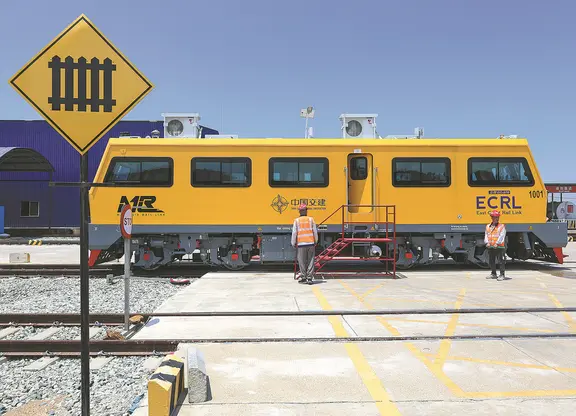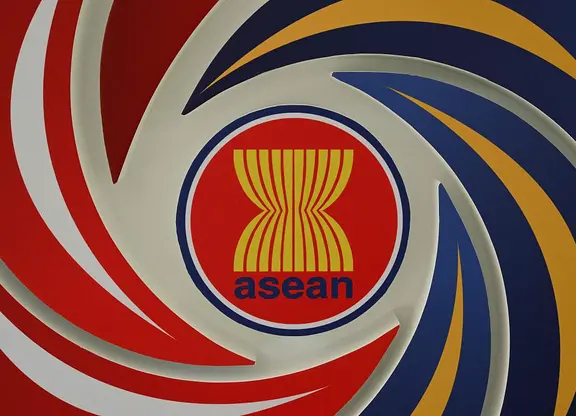By APD writer Alice
Transatlantic relations have changed recently and in the near future, a new security architecture of Europe may be formed.
Washington has led the restructuring and it is looking to revise foreign policy priorities and streamline costs related to that modification, remarked Associate Professor Igor Avlasenko at the National University of Belarus on the Valdai Club website.
According to him, recently, with the US planning to withdraw part of its armed forces from Germany, the leaders of major countries in Europe have released a number of statements indicating the European Union (EU) need to become an independent geopolitical force and take on a new role in a world where the US is no longer a leader.
These remarks could herald the emergence of a new strategic EU policy to ensure a more prominent and independent role in the construction of the European security architecture. However, this would require the EU not only to be more independent in defense and security matters, but also to show more cohesion, as well as maintain its own political and economic interests.
EU needs to prepare for a new world where the US is no longer a leader
On June 15, 2020, President Trump officially announced that the number of US troops in Germany would decrease by 10,000. The main reason for this decision is that Germany has never achieved a defense spending of 2% of Gross Domestic Product (GDP). Besides, Washington was also not pleased with the fact that Berlin did not have any moves to reduce support for the gas pipeline project "Nord Stream 2". In face of US threats to impose sanctions on companies related to the completion and use of the above gas pipeline, some German officials said they were ready to take a series of retaliation measures.
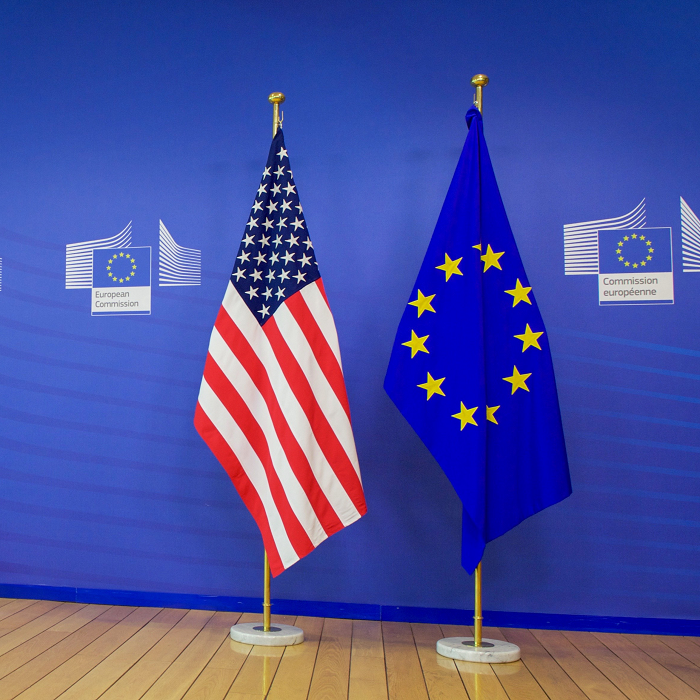
It seems that Germany has prepared mentally for this development. In an interview on June 26 with a number of European newspapers, German Chancellor Angela Merkel said that the EU needs to prepare for a new world where the US is no longer a leader. Merkel's idea was interpreted by Defense Minister Annegret Kramp-Karrenbauer: In Merkel's point of view, the US policy is unlikely to change even with a new White House Administration and Joe Biden becoming President.
The German politicians' statements came after French President Macron's comment that the North Atlantic Treaty Organization (NATO) was "brain dead" in November 2019. Then, in an interview with the Economist, Macron called for Europe "to become an independent geopolitical force, otherwise it will face a risk of losing control over one's own destiny ”. In June 2020, after the incident of a Turkish ship heading to the Libyan coast and suspected of carrying arms to a party of Libyan conflict, Macron reiterated this view in a joint press conference with his Tunisian counterpart. The French President argued that NATO's decision-making system and the coordination of its allies are in crisis, thus demonstrating the need for the EU’s autonomy in security matters.
Are these statements coincidental or are they manifestations of an ongoing process? The idea of EU's defense and security autonomy has been raised since the EU was founded in 1993. France has traditionally been the main lobbyist for the idea, but has always been opposed by the US. The "3 D" concept introduced by US Secretary of State Madeleine Albright in December 1998 is a typical example: "de-linking" (security disconnection between Europe and the US and the decision-making process), "duplicating" (avoiding duplicating actions of the EU and NATO), and "discriminating" (avoiding discrimination against non-EU NATO members).
Although the EU's foreign policy, security and defense institutions were officially formed, Europe's defense remained largely under the umbrella of NATO. Even the 2003 trans-Atlantic crisis caused by disagreements over Iraq could not encourage the EU to build an army of its own. Fundamentally, the EU's independence in military affairs has been slowly crystallized and mainly on secondary issues, such as setting up its own peacekeeping missions around the world and post-conflict mediation.

The strong NATO lobbying in key EU countries, mainly the UK and Eastern European countries (after they joined the EU in 2004 and 2007), was also another key factor that leaves the EU without complete autonomy in security and defense matters. NATO's orientation is also particularly strong in Germany, a key EU country.
Since reunification (1990), the CDU/CSU Party, which is strongly pro-NATO, has led ruling alliances for 23 years out of 30 (except 1998-2005). Berlin's limited stance, coupled with strong opposition from the UK and the EU's Eastern European members, was an obstacle to Germany’s attempt to realise the idea.
However, the latest events show that even within the CDU/CSU Party, despite claims of the importance of trans-Atlantic solidarity and support for the US military presence in Germany, the nature of the relationship with Washington has changed.
This trend has formed over the past few years. Berlin is annoyed by the unpredictable and inconsistent policies of the incumbent US President on many issues, from joining multilateral formats such as the G7 or the World Trade Organization (WTO) to the withdrawal from weapon control systems. In fact, Berlin is slowly realizing that the US is losing its role as the protector of European interests and common trans-Atlantic values. In that situation, the European politicians declared the need to turn the EU into an independent geopolitical power center with its own agenda, which could provide security for the world and protect itself from competitors.
Different approaches within the EU
This vision is reinforced by the COVID-19 pandemic and the ongoing economic crisis. During the 2008-2009 economic recession, the leading countries at least tried to overcome together by reforming global institutions, but this time, the underlying trends are quite unfavorable.

In 2018, the trade war between the US and China broke out, the outlook for a trade war between the US and the EU has been looming, and Washington began looking to modify its membership terms in the international organisations. In March 2020, when the World Health Organization (WHO) declared a pandemic, a great difference between the world's leading powers revealed. This trend is exacerbated by the fact that the pandemic coincides with the political cycle in the US (preparing for the upcoming presidential election in November 2020). This makes the US foreign policy even more unpredictable, especially when President Trump wants to be re-elected for a second term.
However, not all EU states support greater EU autonomy with the US. EU members in Eastern Europe (especially Poland) chose to capitalize on the situation and strengthen their ties with Washington. Unlike Germany, they are willing to spend 2% of GDP on defense and even allocate budgets to increase the US military presence - which perfectly matches President Trump's stance.
On June 6, Polish Prime Minister Mateusz Morawiecki expressed his hope that the number of US troops and officers in the country will increase due to the transfer of troops from Germany. After that, Polish President Andrzej Duda formally welcomed the plan during his visit to Washington. As a result, the US is shifting the focus on its allies in Europe, and instead of Germany, it currently relies on Poland.
Poland's plan was not a surprise. Eastern European countries have long been a "highlight" of NATO's solidarity. Since 2014, when relations with Russia deteriorated, they have encouraged the US to increase military presence in their territories. So Poland simply took advantage of the opportunity that opened up after the US-Germany contradiction.
Meanwhile, France and Germany are becoming forces supporting the EU's greater autonomy with the US in security and defense matters. Earlier, Paris served as the main supporter of this approach, but now it seems Berlin is ready to join in.
The need to develop autonomy will encourage France and Germany - the two largest economies in the EU - to increase spending on security and defense, and may also raise this spending in the EU budget in the future. The implementation of these plans was also further promoted by Brexit - the UK leaving the EU at the end of January 2020. However, according to Avlasenko, to fully and comprehensively ensure its own security, the EU must make much larger efforts than those currently stated by politicians.
(ASIA PACIFIC DAILY)
 简体中文
简体中文





